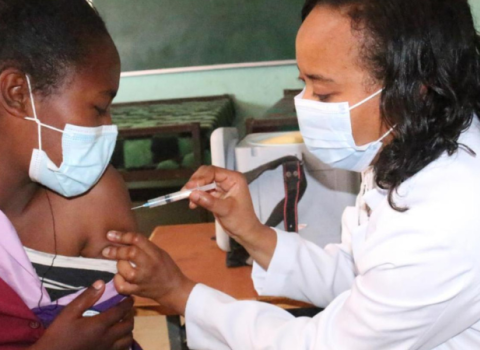The International Federation of Pharmaceutical Manufacturers & Association has awarded a grant of €200,000 to the Pathogen Evolution Group at Cambridge University for the computerised mapping of the global distribution of H1N1 and B influenza viruses.
The group previously mapped the H3N2 influenza virus, and the additional mapping will help the World Health Organization’s Global Influenza Surveillance Network (WHO GISN) to visualise how influenza viruses are evolving, and so increase confidence when selecting the influenza strains to be used in vaccines for forthcoming influenza seasons.
All mapping data resulting from this work will be for WHO GISN use and will not be shared with IFPMA or members of its Influenza Vaccine Supply international task force.
Human influenza viruses are continually evolving in a process known as antigenic drift. This explains why an influenza vaccine administered this winter may provide little or no protection next winter. Influenza virus evolution is very complex and mapping it requires high level programming, as well as adequate surveillance data.
The IFPMA grant for antigenic mapping is the latest example of industry support for research work to improve the effectiveness of seasonal influenza vaccines. Other WHO GISN work supported by the IFPMA includes technology to increase vaccine yields and accelerate production. IFPMA is contributing about $ 1.4 million per year to this work, which being carried out at the New York Medical College in the US and the National Institute for Biological Standards and Control in the UK.





 A unique international forum for public research organisations and companies to connect their external engagement with strategic interests around their R&D system.
A unique international forum for public research organisations and companies to connect their external engagement with strategic interests around their R&D system.